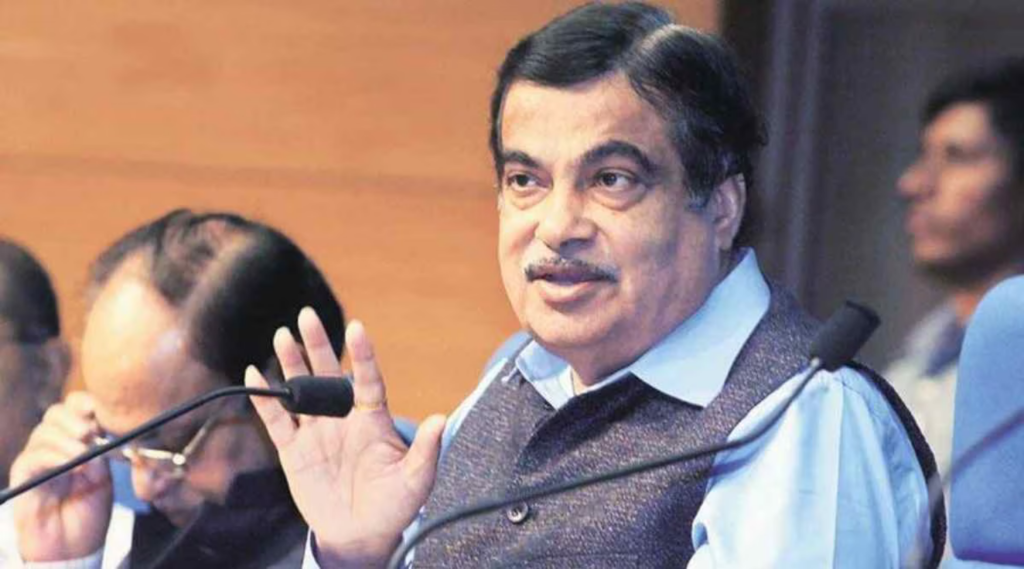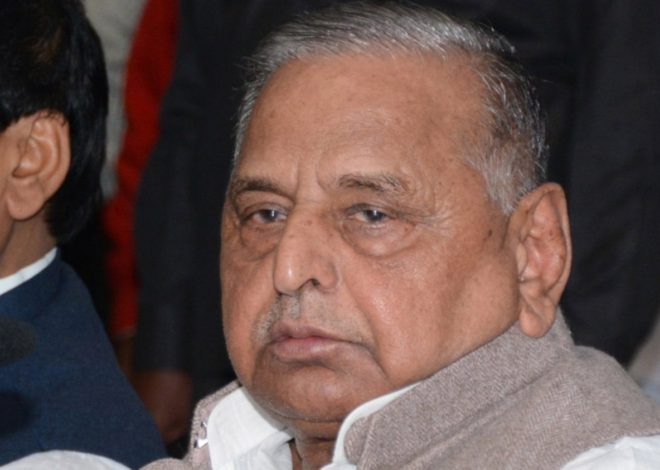
Govt defers 6-airbag rule by a year, cites supply chain hurdles
Due to the challenges faced by the global supply chain affecting the automotive industry, the Indian Government has postponed the enforcement of the mandatory installation of six airbags in passenger cars by one year, extending the deadline to October 2023. Initially, the Union Road Transport and Highways Ministry had set October 1, 2022, as the deadline for vehicles capable of carrying up to eight passengers to be equipped with six airbags.
Union Minister Nitin Gadkari announced the decision on Thursday, acknowledging the impact of global supply chain constraints on the auto industry and the broader economic landscape. In a tweet, he stated, “Safety of all passengers traveling in motor vehicles irrespective of their cost and variants is the foremost priority.”

Earlier in January, the Ministry had issued a draft notification proposing an amendment to the Central Motor Vehicles Rules (CMVR), 1989, to make six airbags mandatory for car manufacturers.
The automobile industry has consistently pushed back against this upgrade, citing concerns such as the potential impact on vehicle costs in a price-sensitive market. Manufacturers of small cars in the Rs 3-7 lakh range have expressed worries that the increased number of airbags would elevate costs to unsustainable levels. Gadkari, however, emphasized the necessity of standardizing airbags for all occupants in passenger cars, highlighting that automakers already incorporate sufficient airbags in vehicles intended for export markets.

Automakers have also pointed to high taxes on cars, contributing to the elevated prices of their products in the domestic market. Despite these concerns, the government aims to enhance passenger safety, emphasizing the importance of reducing road accident fatalities. According to National Crime Records Bureau (NCRB) data, over 1.55 lakh lives were lost in road accidents across the country in 2021, marking the highest figures recorded in any calendar year thus far.


